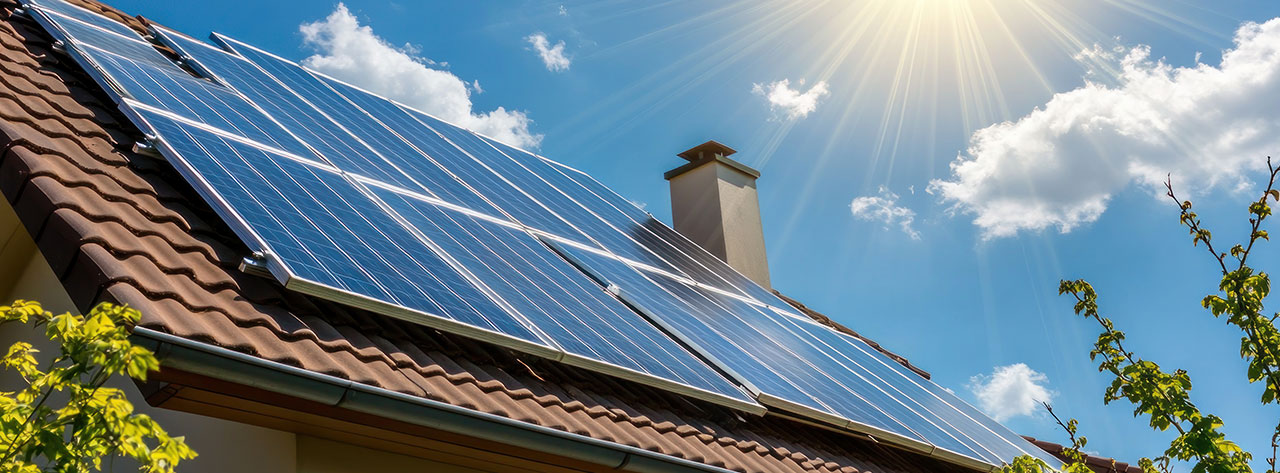
If you’re thinking about going solar, or already have, you may have heard of a Certificate of Compliance and a Certificate of Conformity. These are both important documents, but they serve very different purposes. It’s easy to get them mixed up, especially because they’re often referred to by the same abbreviation: CoC.
Here’s a straightforward explanation of what each certificate means, when you need it, and why it matters.
1. Electrical Certificate
of Compliance (CoC)
This certificate focuses on the safety of your electrical system, including how your solar installation is connected to the rest of your home.
Issued by:
A qualified and registered electrician (approved by the Department of Employment and Labour)
What it does:
Why it’s important:
What it typically includes:
How to get it:
Only a registered electrician may issue this certificate. It’s worth checking their credentials before any work begins.
2. Solar PV Certificate
of Conformity
Also known as a SAPVIA CoC or PV GreenCard, this certificate focuses on the solar system itself, like the panels, inverter, batteries and how they’re all designed and installed.
Issued by:
A solar installer who is accredited by SAPVIA (South African Photovoltaic Industry Association)
What it does:
Why it’s important:
What it typically includes:
How to get it:
You’ll need to work with a SAPVIA-accredited installer. Make sure to ask for this certificate when your system is installed.
Quick Comparison
Feature |
Electrical CoC |
SAPVIA CoC / PV GreenCard |
|---|---|---|
Required by law |
Yes | No |
Covers general electrical safety |
Yes | No |
Covers solar system design |
No | Yes |
Issued by |
Registered electrician | SAPVIA-accredited installer |
Common uses |
Legal compliance, property sales, insurance | Quality assurance, insurer support, system records |
Our Advice
For your solar system to be both compliant and insurable, we recommend having both certificates:
If you’re unsure whether your system is correctly certified, or if you need help understanding your insurance requirements when it comes to solar, feel free to contact us. We’re here to help you navigate the process with confidence and clarity.

